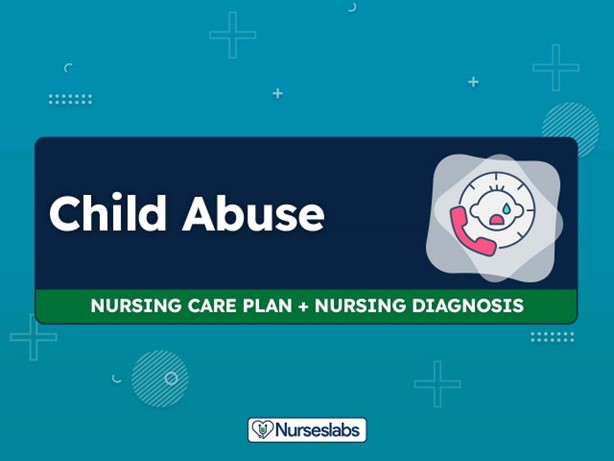A nurse is assisting with the admission of a client to an acute mental health unit following a suicide attempt. The client has a history of depression, substance abuse, and anorexia nervosa. Which of the following actions should the nurse take first?
Initiate one-to-one nursing observation.
Make a contract with the client for weight gain.
Administer the Hamilton depression scale.
Review the client's toxicology laboratory report.
The Correct Answer is A
initiate one-to-one nursing observation, as this is the most urgent intervention to ensure the safety of the client. The client has a history of depression, substance abuse, anorexia nervosa, and attempted suicide, which indicates that they are at high risk for harm to themselves. One-to-one observation involves an assigned staff member who will be with the client at all times, ensuring their safety and preventing any further self-harm attempts.
Choice B, making a contract with the client for weight gain, is not an appropriate first action as it does not address the client's immediate safety concerns.
Choice C, administering the Hamilton depression scale, may be important to assess the client's depressive symptoms but is not the most urgent priority.
Choice D, reviewing the client's toxicology laboratory report, may be necessary for the overall assessment of the client, but safety comes first.
Nursing Test Bank
Naxlex Comprehensive Predictor Exams
Related Questions
Correct Answer is B
Explanation
The nurse should recommend establishing a reward system for positive behavior when contributing to the plan of care for a child with an autism spectrum disorder. Reward systems can be particularly effective for children with autism spectrum disorder, as they respond well to structured routines and consistency.
Choice A, assuring that the child has a large variety of caregivers, is not recommended, as children with autism spectrum disorder can be particularly sensitive to changes in routine and caregivers. Providing a flexible schedule to adjust to the child's interests,
choice C may be appropriate in some cases, but a structured routine can be even more beneficial. Allowing for imaginative play with peers without supervision, choice D, may not be safe or effective in all situations. It is important for the nurse to work with the child, their family, and other healthcare professionals to develop an individualized plan of care that meets the child's specific needs and goals.
Correct Answer is D
Explanation
If suspicion of abuse exists then reporting is mandatory.

Choice A is incorrect because civil liability does not depend on whether the abuse can be proven or not, but on whether the report was made in good faith or not.
Choice B is incorrect because evidence of abuse does not need to be collected prior to reporting, but only reasonable suspicion of abuse.
Choice C is incorrect because reporting is not voluntary for healthcare workers, but mandatory by law.
Choice D is correct because if suspicion of abuse exists then reporting is mandatory for any person, agency, organization, or entity with direct knowledge of child abuse or neglect.
Whether you are a student looking to ace your exams or a practicing nurse seeking to enhance your expertise , our nursing education contents will empower you with the confidence and competence to make a difference in the lives of patients and become a respected leader in the healthcare field.
Visit Naxlex, invest in your future and unlock endless possibilities with our unparalleled nursing education contents today
Report Wrong Answer on the Current Question
Do you disagree with the answer? If yes, what is your expected answer? Explain.
Kindly be descriptive with the issue you are facing.
